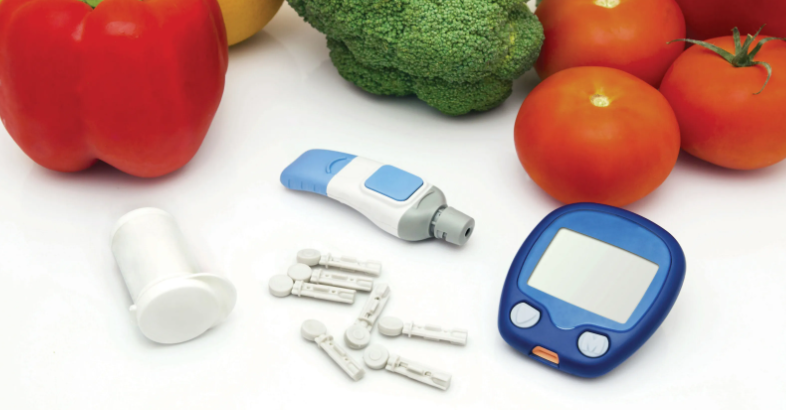Introduction
In the third installment of our National Diabetes Awareness Month series, we turn our focus to effectively managing diabetes once diagnosed. Effective management is crucial, as it significantly impacts both the quality of life and the potential development of serious health complications. This article explores a comprehensive approach to diabetes management that includes daily strategies, technological advancements, and psychological support to enhance the lives of those living with diabetes.
Daily Management Strategies
Successful diabetes management revolves around several key daily activities that help maintain blood glucose levels within a target range and prevent complications.
- Monitoring Blood Glucose Levels: Keeping a close eye on blood glucose levels is fundamental. Regular monitoring allows individuals to understand how their diet, lifestyle, and medication affect their blood sugar levels. This ongoing data collection supports informed decision-making in conjunction with healthcare providers.
- Medication Adherence: Adhering to prescribed medications is vital for controlling blood glucose levels. Whether it involves taking oral medications or administering insulin, consistent use as directed by a healthcare provider is crucial for effective diabetes management.
- Dietary Management: Eating balanced meals with controlled carbohydrate intake is essential for managing blood sugar levels. Meal planning should focus on regularity and nutritional balance, incorporating a variety of nutrients to support overall health while managing carbohydrate intake to prevent blood sugar spikes.
- Regular Exercise: Physical activity is a key component of diabetes management. Exercise increases insulin sensitivity, which means the body’s cells are better able to use available sugar in the bloodstream. Regular physical activity also helps manage weight, reduce blood pressure, and strengthen cardiovascular health.
Technological Advancements in Diabetes Care
Recent technological innovations have significantly enhanced the ability to manage diabetes more effectively and conveniently.
- Continuous Glucose Monitors (CGMs): CGMs are devices that track glucose levels continuously throughout the day and night, providing real-time insights into glucose trends without the need for regular finger pricks. This technology allows for more precise adjustments in diet and medication.
- Insulin Pumps: These devices provide continuous insulin delivery through a catheter placed under the skin, which can be more convenient and sometimes more effective than multiple daily insulin injections. Insulin pumps help maintain more stable blood glucose levels and offer the flexibility to adjust insulin based on immediate needs.
- Digital Health Apps: Numerous apps are now available to help those with diabetes manage their condition. These apps can track food intake, exercise, blood glucose levels, and medication schedules. They can also provide reminders, tips, and access to online communities for support.
Psychological Aspects of Managing Diabetes
Living with diabetes can be challenging not just physically but also emotionally. The daily demands of managing the disease can lead to feelings of anxiety, stress, and even depression.
- Stress Management: Techniques such as mindfulness meditation, yoga, and therapy can be incredibly beneficial. Managing stress effectively can prevent it from negatively impacting blood glucose levels.
- Support Groups: Participating in diabetes support groups can provide emotional comfort and practical tips from others who understand what living with diabetes is like. These groups can be a valuable resource for encouragement and information.
- Psychological Counseling: Professional counseling can help individuals address the emotional challenges associated with diabetes, such as fear of complications or frustration with management tasks. Counseling can support better overall mental health, which is integral to effective diabetes management.
Conclusion
Effective management of diabetes requires a holistic approach that includes stringent monitoring of blood glucose levels, strict medication adherence, thoughtful dietary management, regular physical activity, and leveraging the latest technological tools. Moreover, acknowledging and addressing the psychological impacts of living with diabetes are vital for maintaining mental and physical health.
In the next and final article of our series, we will explore the future of diabetes treatment—highlighting the latest advancements and what they potentially hold for individuals managing this condition. By staying informed about these innovations, individuals living with diabetes can look forward to more effective and less intrusive ways of managing their condition in the future.


